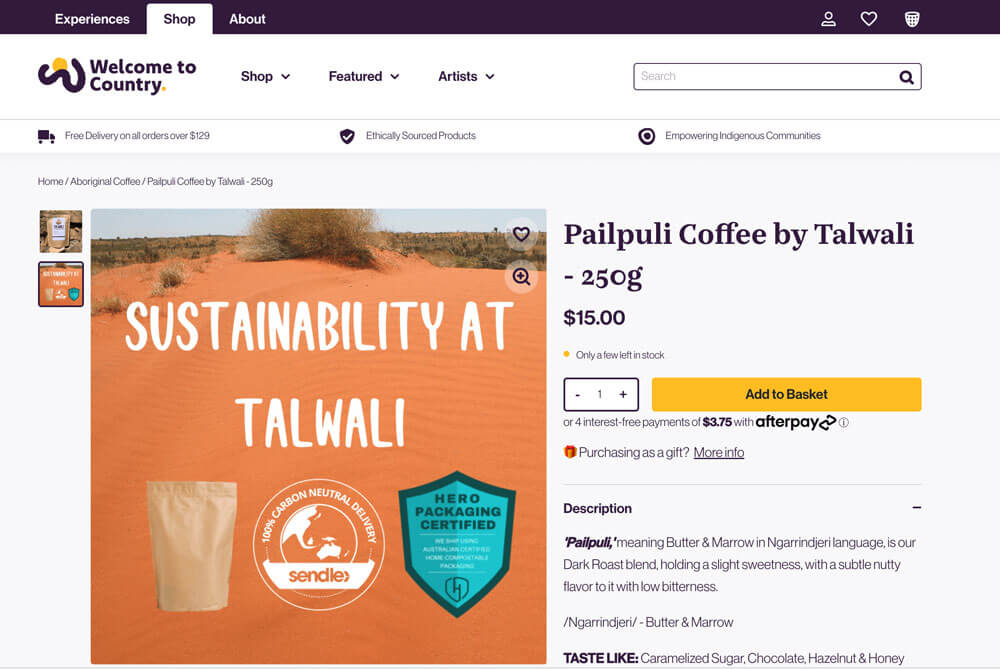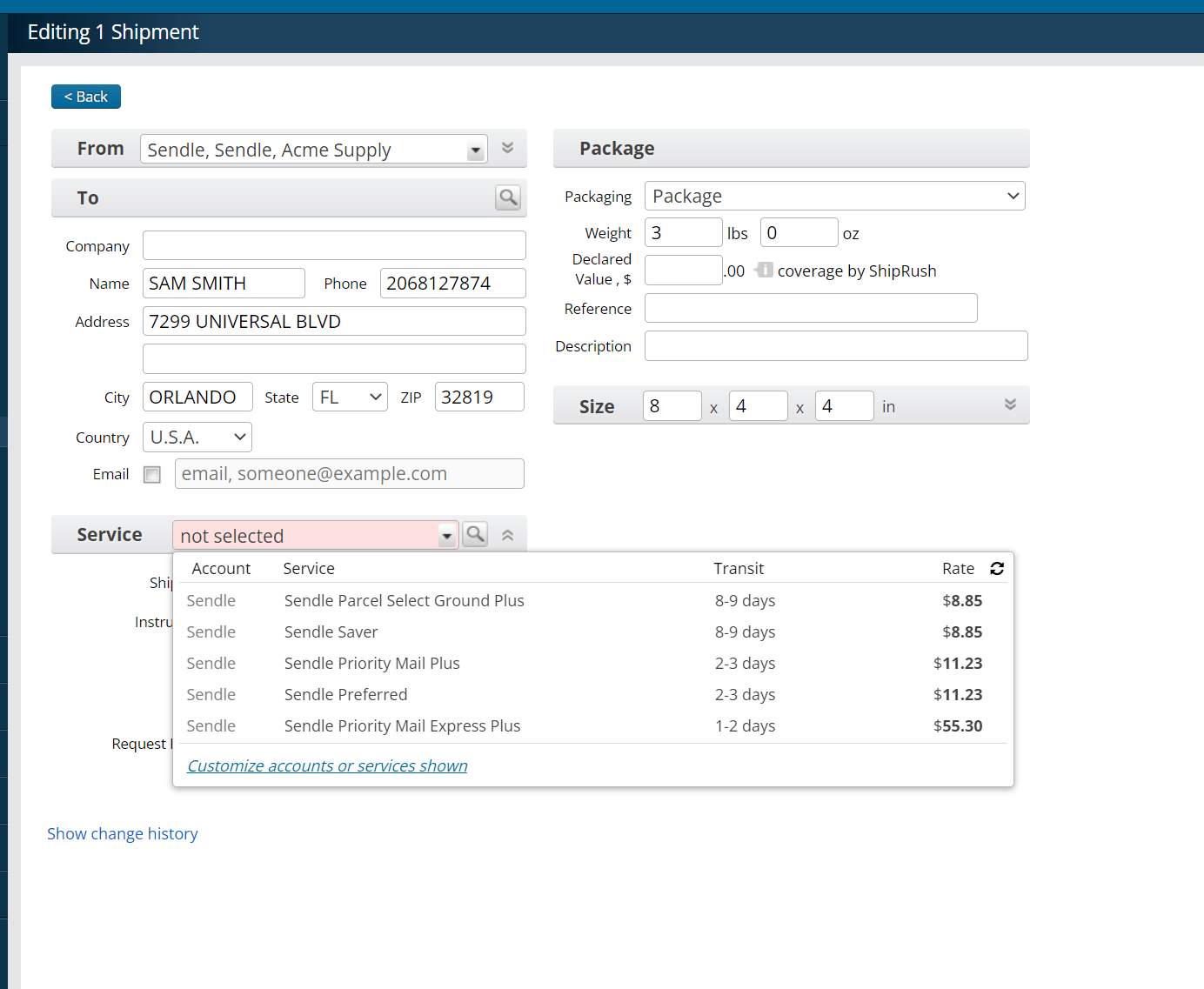
Sustainability is an increasingly urgent consideration for ecommerce customers and the businesses that serve them. As people assume personal responsibility for improving environmental conditions, they hold businesses to higher standards for sustainable practices.
Descartes recently conducted a consumer sentiment study titled “Retailers: Sustainability is Not a Challenge, It’s an Opportunity” to help ecommerce businesses answer the question: Does sustainable delivery matter to ecommerce customers enough to affect buying behavior?
In this study, Descartes surveyed over 8,000 ecommerce consumers in the United States, Canada, and Europe to quantify how consumers feel about sustainable delivery practices and how those feelings affect their decisions. All statistics in this article come from this study.
Why are people interested in sustainability?
In a post-COVID-19 retail environment, the ecommerce landscape reflects a shift in consumers’ priorities. The sobering effect of the pandemic underscores the power of personal choice to affect the well-being of loved ones, neighbors, and humankind.
45% of consumers feel that helping the environment is quite/very important in their daily lives.¹
(Descartes 2022)
In addition, rising awareness of global environmental problems moves consumers to seek ecommerce companies that use sustainable practices. As people experience the devastating effects of wildfires, floods, and drought, their sentiment turns into action.
Clearly, shopping at socially responsible businesses matters to consumers, but does it matter enough to change the way they shop?
Concern about sustainability affects buying behavior.
Survey results and industry trends show that consumers value sustainability. How does that value translate to buying behavior?
89% of ecommerce consumers factor sustainability into their purchasing decisions.¹
(Descartes 2022)
- 39% of respondents regularly or always make purchasing decisions based upon the company’s or product’s environmental impact.
- 50% of respondents sometimes make purchasing decisions based on environmental impact.
- Only 11% of respondents never made a purchasing decision based on environmental impact.
Because such a significant percentage of ecommerce consumers factor sustainability into purchasing decisions, ecommerce businesses will benefit from a shift to more eco-friendly products and practices.
What demographic is most interested in sustainability?
As businesses develop a strategy that includes eco-friendly ecommerce, leaders may wonder which demographic to target with sustainable delivery options. For example, do Millennials care about sustainability more than Baby Boomers?
Older Gen Z and younger Millennial consumers care more about sustainable delivery than any other age demographic.
- 42% of respondents aged 25-34 make purchasing decisions based on environmental impact.
- Only 34% of respondents over 65 make purchasing decisions based on environmental impact.¹
(Descartes 2022)
When marketing sustainable delivery options, target Millennials and Gen Zers. Not only do these generations pay more attention to environmental issues than older generations, but they also take greater personal responsibility for making eco-friendly choices.
According to Pew Research, “…when it comes to climate activism, Gen Zers and Millennials are more likely than Gen X and Baby Boomer and older adults to have taken action to address climate change through participation in a range of activities.”
How does sustainability contribute to customer satisfaction?
Customer satisfaction stems from meeting or exceeding expectations. So, what do consumers expect when it comes to sustainability?
Ecommerce customers increasingly expect companies to use carbon-neutral delivery practices. This ranges from recyclable packaging to low-emissions transportation, to paperless transactions, and more.
60% of consumers have environmental expectations from their home deliveries.¹
(Descartes 2022)
How do customer sentiments fit with the reality that low-carbon or carbon-neutral shipping may cost more and take longer than less eco-friendly practices?
- 54% of respondents indicated they would be willing to accept longer lead times from an environmentally friendly company.
- 20% of respondents indicated they would pay more for a delivery from an environmentally friendly company.¹(Descartes 2022)
What can ecommerce businesses do to improve sustainability?
As ecommerce businesses recognize how customer sentiments are changing buying behavior, it makes sense to incorporate sustainable delivery practices. One simple step is to offer eco-friendly shipping options at checkout. This empowers customers to shop according to their values and see how they are making a difference.

We like Sendle for this because it integrates with Descartes ShipRush™ for easy, 100% carbon-neutral shipping. Other carriers such as FedEx, USPS, and UPS also offer sustainable delivery options through ShipRush.
When a customer selects eco-friendly shipping, ShipRush recognizes the data in the order details. Then, ShipRush acts on the information using automation rules to select the correct eco-friendly shipping option. Finally, the order is automatically shipped using sustainable delivery methods.
Simplify Eco-Friendly Ecommerce Shipping with ShipRush
To simplify eco-friendly shipping for your ecommerce business, try ShipRush.
- Seamless integration with Sendle, FedEx, and other carriers offering sustainable delivery
- Cost savings for small, heavy packages through USPS Cubic Rate Shipping
- From Descartes, a company committed to sustainable supply chain and logistics practices
Reference: ¹ Descartes Systems Group. (2022) Retailers: Sustainability is Not a Challenge, It’s an Opportunity https://engage.descartes.com/descartes-insights/home/retailers-sustainability-is-not-a-challenge-its-an-opportunity










